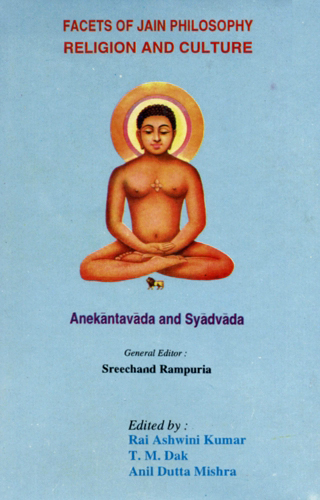Among the remaining three paryāyanayas or the modal standpoints śabdanaya is the first verbal viewpoint. Besides referring to this specific viewpoint the term śabdanaya[1] is involved as a collective designation for all the three viewpoints, including present one, because of the fact that all the three are mainly concerned with verbal problems. In order to distinguish the present verbal standpoint from the other two similar viewpoints we may specifically designate the present one as the viewpoint of synonyms since it is largley concerned with synonymous words.[2]
The present standpoint of synonyms refers to the function of synonymous words which, despite their differences in tense, case-endings, gender, number and so forth, convey the same meanings.[3] For instance, the word kumbha, kalaśa and ghaṭa denote the same object (ekārthavācakāḥ), viz., a jar which is one of the forms taken by clay. Similarly the words Indra, Śakra and Purandara denote one and the same individual in die same manner as the words globe, orb and spheie denote, despite their several differences, the same circular entity.
A misapplication of this standpoint by treating, for instance, two synonymous words as being utterly identical in their meanings is said to lead to the fallacy called śabdanayābhāsa. The śibdādvaitavādins and a few other schools in Indian philosophy are said to have committed[4] this fallacy.
 Srichand Rampuria
Srichand Rampuria

